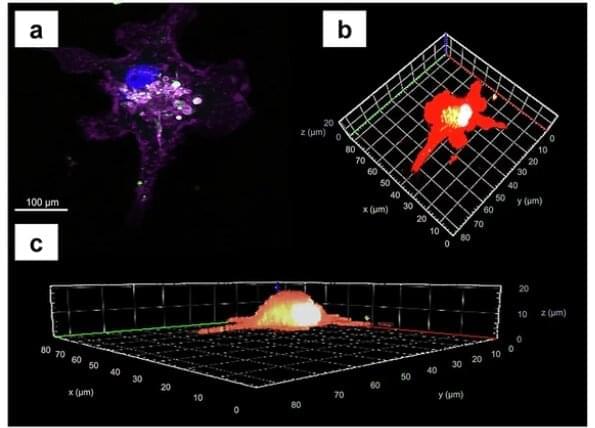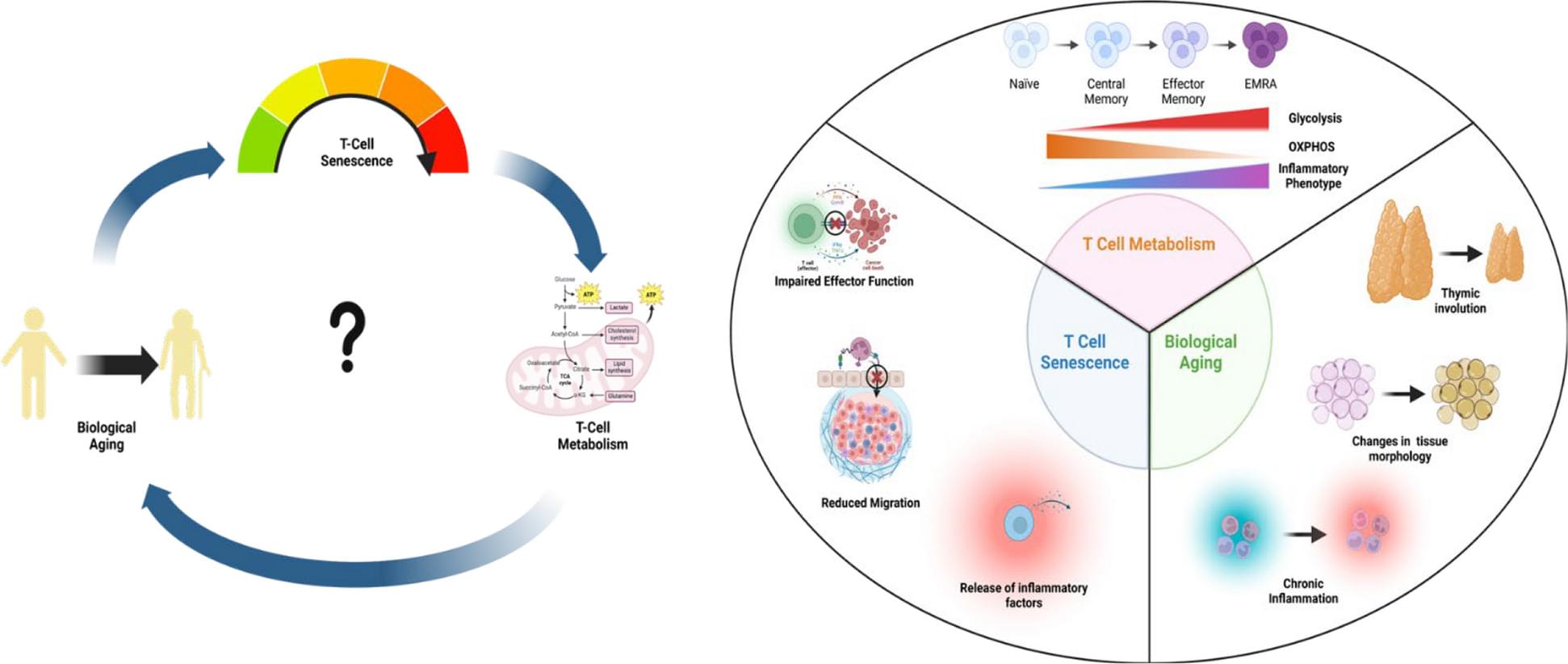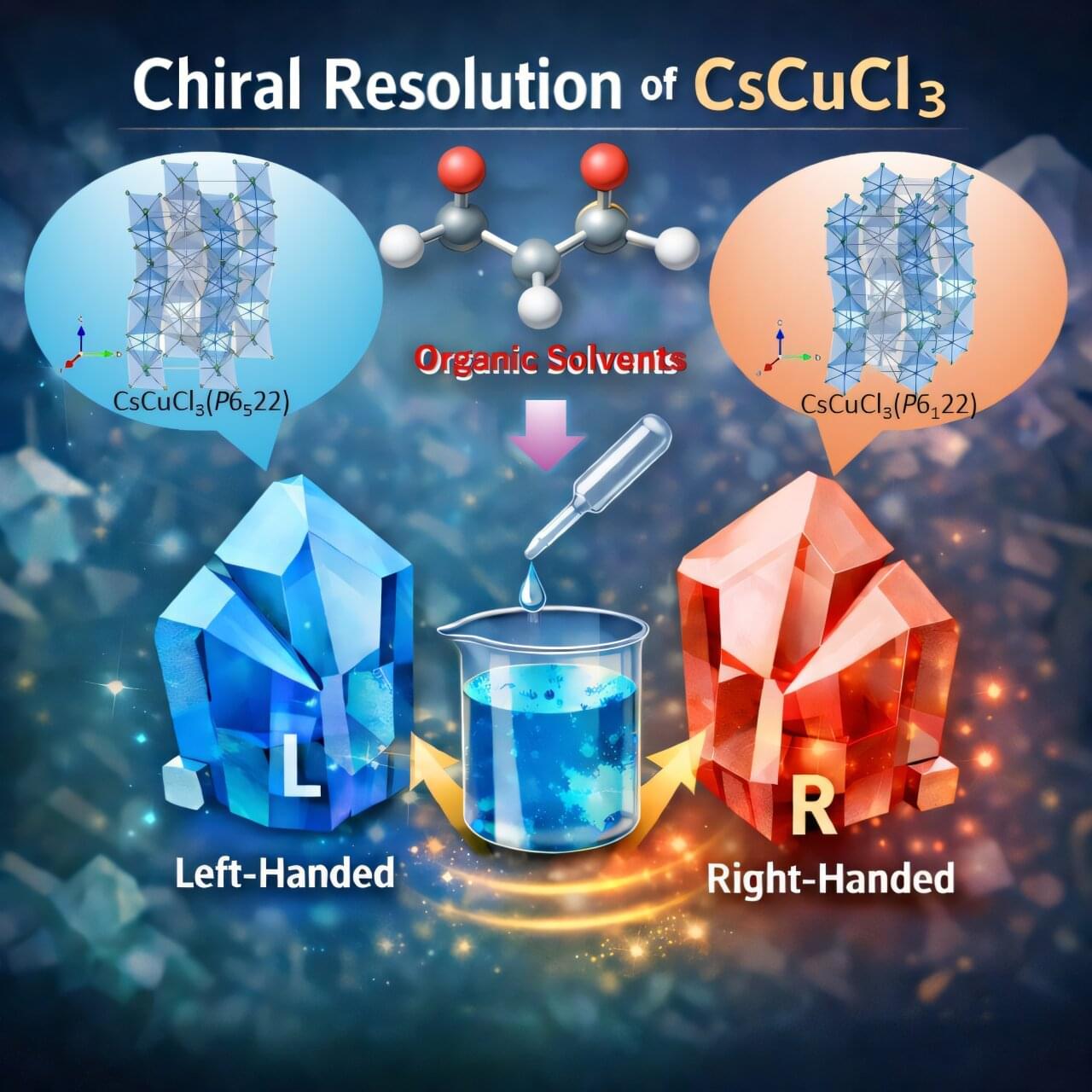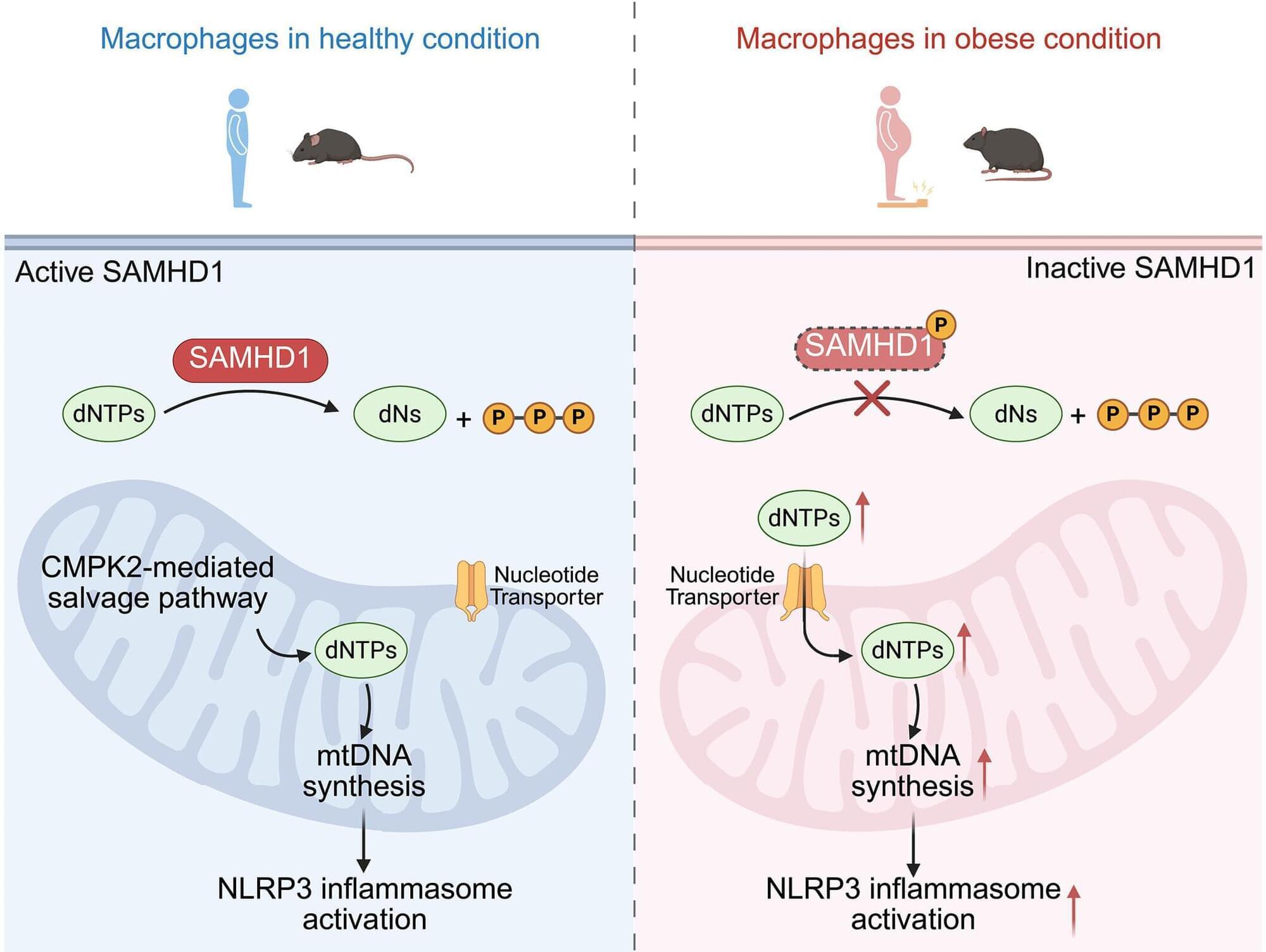In a unique finding, researchers at Georgetown’s Lombardi Comprehensive Cancer Center discovered that when pancreatic cancer cells send out tiny particles that are packed with certain microRNA molecules, nearby immune cells called macrophages are reprogrammed to help the tumor grow instead of engaging in their regular role of fighting the tumor. This insight from cell and mouse experiments helped the scientists outline a potential way to reverse the process and possibly improve outcomes in pancreatic cancer.
“Our approach focuses on blocking adverse outcomes of microRNA-based communication between pancreatic cancer cells and immune cells,” says Amrita Cheema, Ph.D., professor, Departments of Oncology, Biochemistry, Molecular and Cellular Biology and Radiation Medicine at Georgetown and senior author of the study. “By disrupting these channels of communication, we could reprogram the immune cells and restore their ability to fight cancer, resulting in meaningful reductions in pancreatic tumor growth.”
The study appears January 16, 2026, in the journal Signal Transduction and Targeted Therapy.








